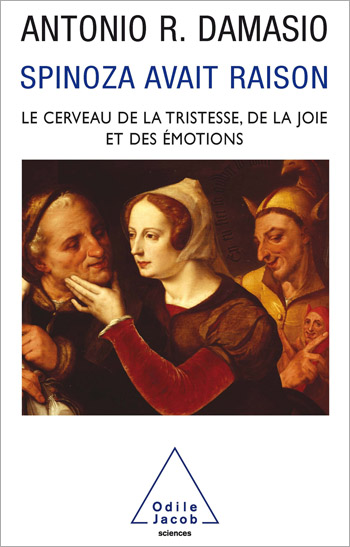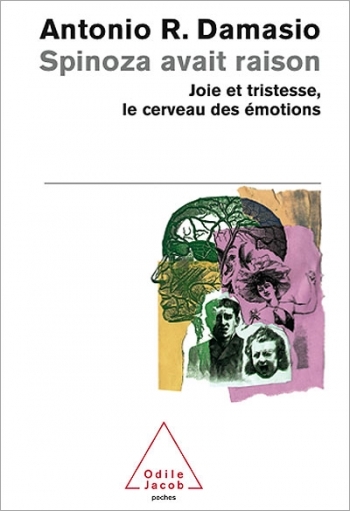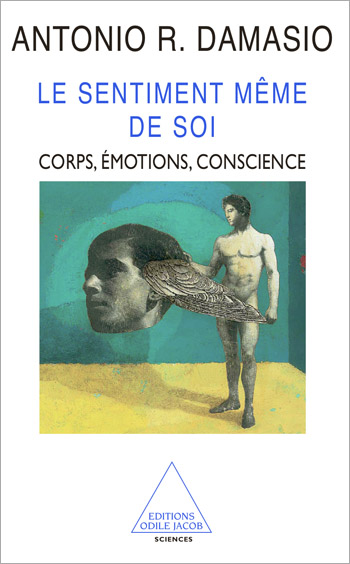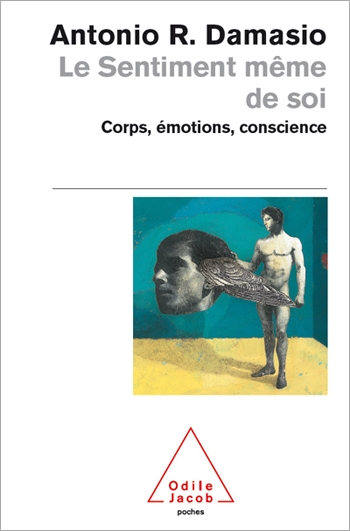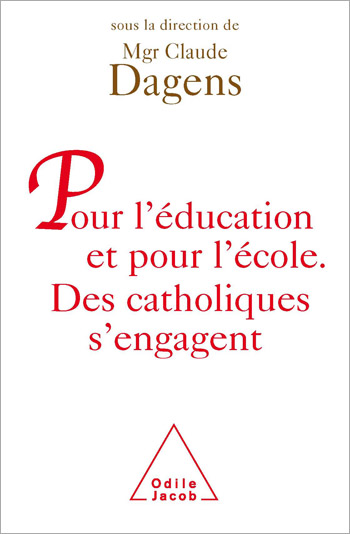Catalog All books
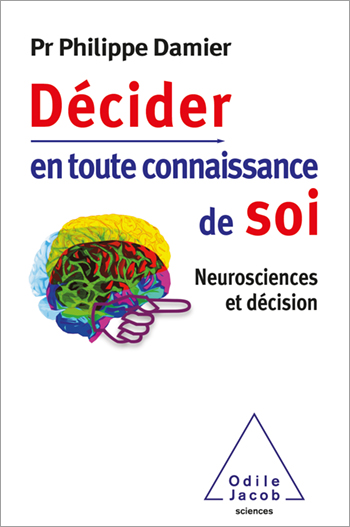
Philippe Damier
Decision Making Based on Self-Knowledge Neuroscience and Decision
Practical tips to avoid some of the common pitfalls of decision-makers. How to optimise the decision-making process.
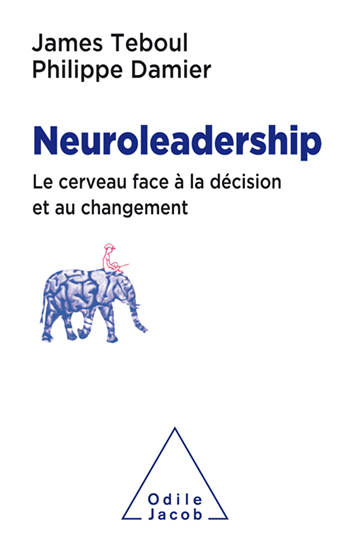
James Teboul, Philippe Damier
NeuroLeadership Challenges to the brain in the face of decision and change
An analysis of the brain with a focus on corporate action aimed at helping executives and managers to make better decisions, to remain calm under pressure, to work better with others and to acquire the necessary flexibility
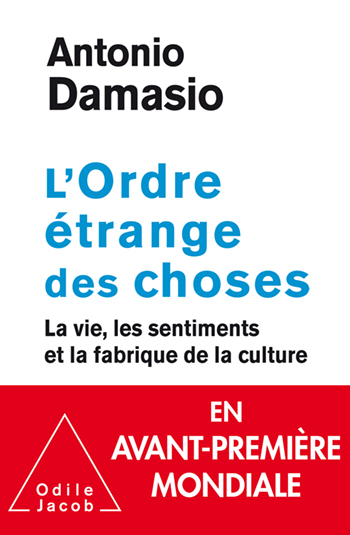
Antonio R. Damasio
The Strange Order of Things Life, Feeling, and the Making of Culture
A landmark book, situated between philosophy and neuroscience, in which Damasio deals with the challenging question of the origin of civilization.

Antonio R. Damasio
Descartes' Error Emotion, Reason, and the Human Brain
Being rational is not denying oneself emotions. The brain which thinks, calculates, and makes decisions is not a different entity to the one which laughs, cries, loves, and experiences pleasure and annoyance. The heart has reasons that reason itself is far from being ignorant of. In opposition to the old Cartesian dualism and to all those who wish to reduce the functioning of the human mind to detached calculations worthy of a supercomputer stands the results of the latest neurological research : the absence of emotions and sentiments prevents us from being really rational. Antonio R. Damasio heads the department of neurology at the University of Iowa, in the United States, and teaches at the Institute of Biological Studies of La Jolla.
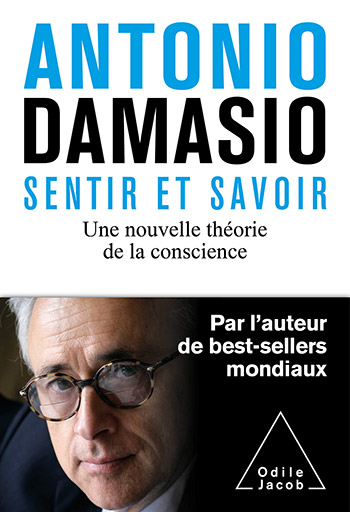
Antonio R. Damasio
Feeling & Knowing Making Minds Conscious
This book brings together the most recent discoveries in the cognitive sciences, neurobiology, psychology, and other fields, while adding the philosophical dimension dear to Antonio Damasio.
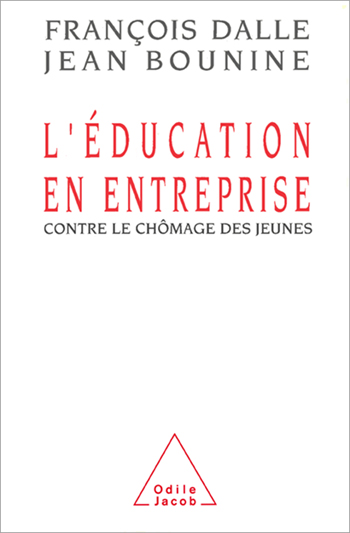
François Dalle, Jean Bounine
Education in Business Against the Unemployment of the Young
Each year in France, 250,000 young people come out of the education system without even a shred of a diploma. The German example and that of Japan shows that the work situation and economic performance are better when schools assure proper instruction and enterprise takes charge of paving the way to employment. François Dalle, President of l'Oréal from 1957 to 1984, and Jean Bounine, advisor to the general directors of this group, are the authors of a 1987 report on employment.

François Dalle
The L'Oréal Adventure
It is difficult to imagine that in 1948 L'Oréal was a small company operating mainly in France and in a few neighbouring countries. Over a period of 35 years, L'Oréal's annual revenue rose from $ 30 million to $ 3 billion. This book shows that money and classical management techniques played a minor role in L'Oréal's growth. For François Dalle the company's success can be explained by the wide acceptance by the staff to what he calls the "spirit of L'Oréal" : this is what enabled L'Oréal to diversify its activities, spread all over Europe, Japan and America and successfully manage the hard times of the 1970s and '80s. François Dalle managed L'Oréal from 1948, at first with Eugène Schueller, then as CEO, a position he held from 1957-1985.
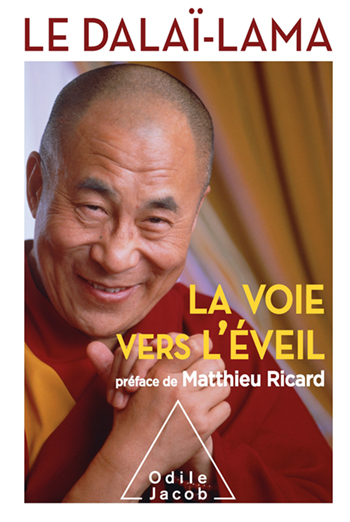
The Dalaï-lama
Becoming Enlightened
An excellent introduction to Tibetan Buddhism and to the teachings of the fourteenth Dalai Lama

The Dalaï-lama, Thubten Chödrön
Buddhism One Teacher, Many Traditions
The diverse expressions of the Buddha's teachings

François Dagognet
Reflections on the Body
A philosophy for our times, devised through an understanding of modernity in all its forms: artistic, scientific and medical. This work is a rigorous and exacting treatment of the ethical and political choices facing mankind at a moment when the power over matter and living are coming to be declared unlimited. In short, the engaged and stimulating observations of François Dagognet, a professor of philosophy at the Université de Paris I, medical doctor, and heir worthy of Bachelard.
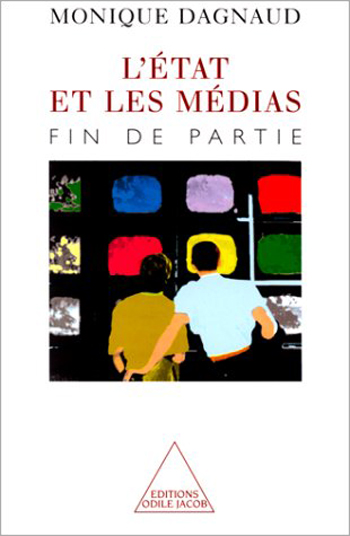
Monique Dagnaud
The State and the Media
Can the control of television broadcasting be justified? Should a broadcasting policy that favours cultural diversity be defended? What are the ties between media bosses and politicians or administrators? Can it be said that the content of programming is governed by an elitist plot? How is French media control different from that of other countries? How did it develop and how can it be applied to on-line media? Is there a French model of broadcasting? How has it evolved? Who will win the battle that is now being waged: the citizens or the giant global groups? Monique Dagnaud is a sociologist
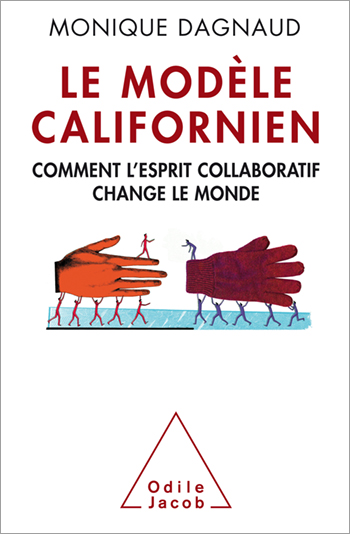
Monique Dagnaud
The Californian Paradigm How the spirit of cooperation can change the world
An original reflexion on California as a new social and political model. A high-quality argument on the possibility of an alternative economy and society that is more cooperative and egalitarian.
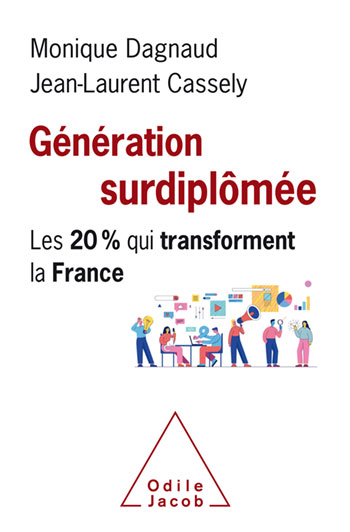
Monique Dagnaud, Jean-Laurent Cassely
The Overeducated Generation The 20% Who Are Transforming France
The reconfigurations around education probably offer the most relevant angle of observation for understanding contemporary societies, and to decipher the popular resentment against the world of the educated elite.

Marc Daëron
Life With Others A Look at Immunity
A critical look at what we think we know about the immune system
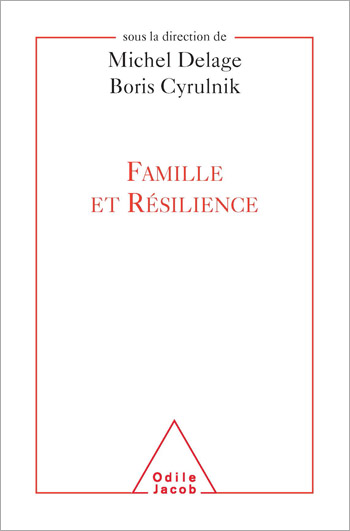
Michel Delage, Boris Cyrulnik
Family and Resilience
This book delves further into the notion of resilience, examining it in the light of the family group.

Boris Cyrulnik
A Child in the War: Memoirs
For the first time, Boris Cyrulnik recounts his early years, the war, his life as a hidden child, police roundups and how he found the strength to survive.

Boris Cyrulnik
Psychotherapy from God
Combining developmental psychology, attachment-based therapy, psycho-sociology, and the neurosciences, a psychotherapy of the sacred that takes into account all forms of belief, without distinction and without judgment, to analyse their foundations, their practices, their inner workings, and also their benefits. An original enlightening study of the major role played by attachment (secure or insecure) in religious feeling.

Boris Cyrulnik
At Night, I Would Write Suns
Alongside Genet, Tolstoy, Gary, and many others, a perceptive and sensitive exploration of resilience through a few great works in our literary canon: how writing can sometimes save a life, how words enable one to escape, to flee reality, or to create oneself, to create a world, one’s own, or to fill a void, or to tell one’s story. . .

